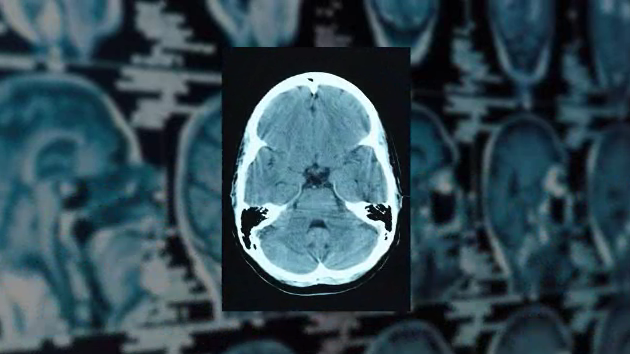
(3-29-18) I posted a March 20th blog that received an unusually high number of hits and more than 150 shares.
I suspect this is because many of you identified with the impassioned plea for treatment from a mother trying to help her 22 year-old son. Frustrated Mother Outlines Son’s Mental Illness For Commitment Judge. When Will Our Leaders Do Something To End Our Children’s Suffering?
I received so many emails asking about the outcome of the commitment hearing that I am posting an update. Again, I want to thank this mother for her courage in speaking out and praise her for the deep love that she has for her son.
Dear Pete
The judge ordered my son held for “up to 14 days.” Some friends and family tried to help us celebrate this as though it were a victory. To be clear, we were relieved. This hold was the only option available in that hospital court room that made any sense at all. But it’s hard to celebrate that indeed our son met criteria as an individual who is “an imminent danger to others” and who is “gravely disabled” because he is utterly incapable of managing himself in the world. Yes, this disabling brain illness finally got him the chance for maybe two weeks of treatment. If he shows signs that the treatment actually starts to work, the hospital will most likely release him before he’s even close to well or ready to manage this extreme impairment on his own.
Our son has been calling from the hospital phone, eager to share that he can’t wait to get out and that this was all a terrible misunderstanding: He was never going to hurt anyone. He believes this to be the truth because he has state-dependent memory. He has no idea where brain illness took him, and he still doesn’t really believe that he has an illness. And we know the hospital won’t teach him that, because they never have. And every sign that he is improving is a warning to us that this reprieve will be short and our ride through chaos will likely start again soon.
If the outcome is different and the hospital helps him learn to understand and sets him up in a program with housing and supports that are at least calculated to succeed we will be amazed and probably collapse with gratitude. We are not holding our breath.
Those of us who have walked down this road understand why this mom is skeptical. This is why we must continue speaking and demand meaningful reforms. No family should have to go through this and, yet, everyday someone does.

 A key reason why Ms. Campbell could write so authentically was because she had mental illness in her family, a topic she further explored in her fictional
A key reason why Ms. Campbell could write so authentically was because she had mental illness in her family, a topic she further explored in her fictional 




